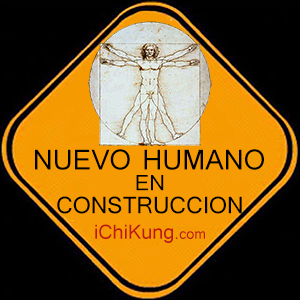
Can we Eat to Starve Cancer?
Understanding "Angiogeneesis" - William Li, February 2010
Dr. Folkman's War: Angiogenesis and the Struggle to Defeat Cancer by Robert Cooks
Early in 1998, New York Times science reporter and author Gina Kolata happened to be seated at a banquet next to the Nobel Prize-winning scientist James Watson. When Kolata asked Watson what was new in the world of science, he replied, "Judah Folkman and angiogenesis, that's what's new. Judah is going to cure cancer in two years."
Folkman, a longtime physician and medical researcher at Harvard University and Children's Hospital, was caught off guard by the excited news reports that followed Watson's remark, but there was good reason for excitement. For nearly four decades, when not busy doing such things as inventing the heart pacemaker and attending to hundreds of patients, Folkman had been puzzling out a peculiarity of tumors: at some point during their formation, they sent forth chemical signals that in effect "recruited" blood vessels to feed them. If those signals could be intercepted through well-targeted drugs, Folkman reasoned, and the blood supply to cancerous formations thus interrupted, then the tumors themselves might be starved to death, or at least to dormancy.
In this book, Newsday writer Robert Cooke offers an accessible account of Folkman's work on angiogenesis, or the formation of blood vessels, which may well point the way to new treatments for cancer and related illnesses. Following Folkman's roundabout trail, one marked by considerable resistance on the part of doubtful colleagues, readers will gain a sense of how medical research is conducted—and, almost certainly, a sense of wonder at the medical breakthroughs that, as James Watson hinted, are just around the corner. ~ Gregory McNamee
